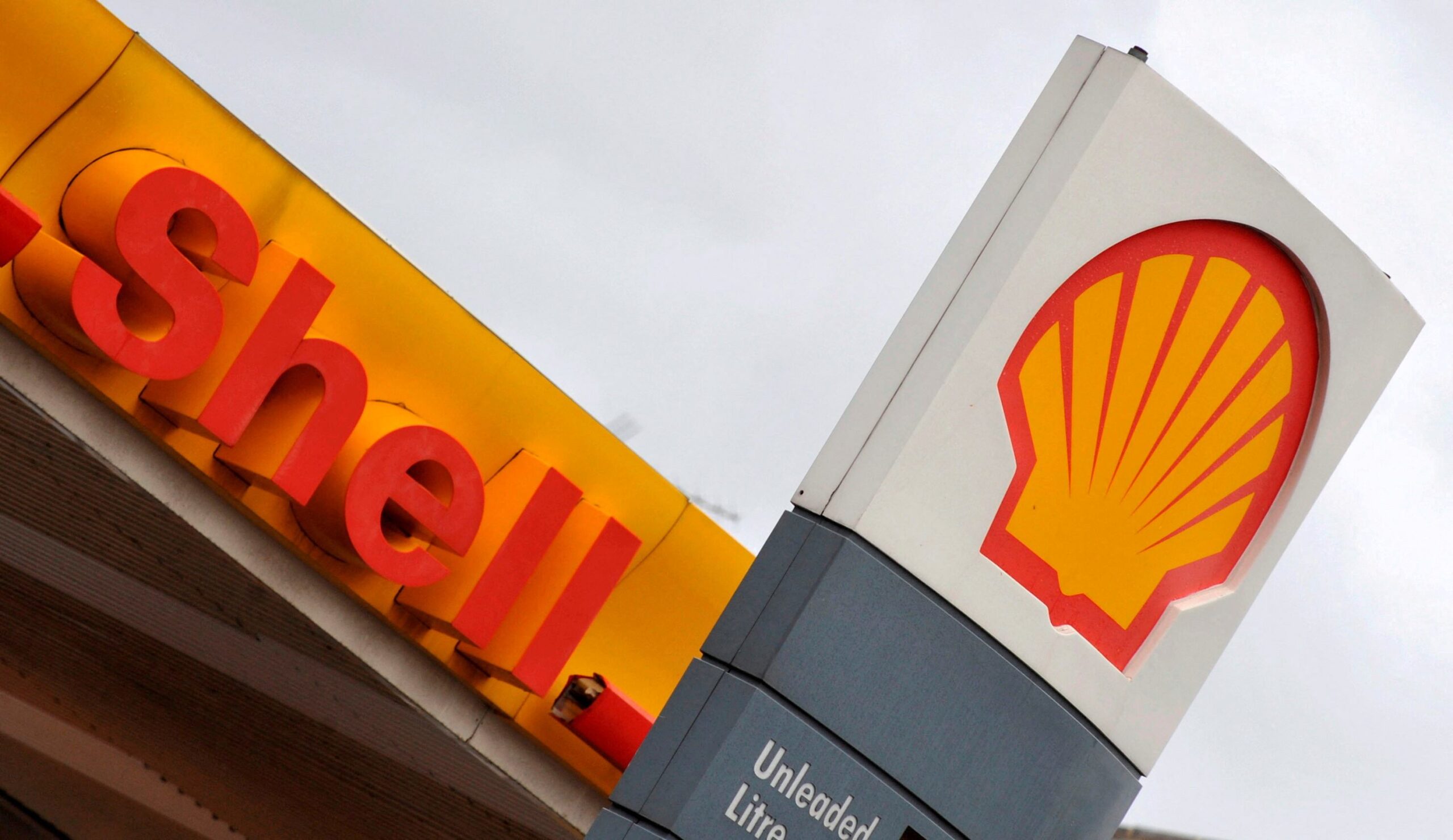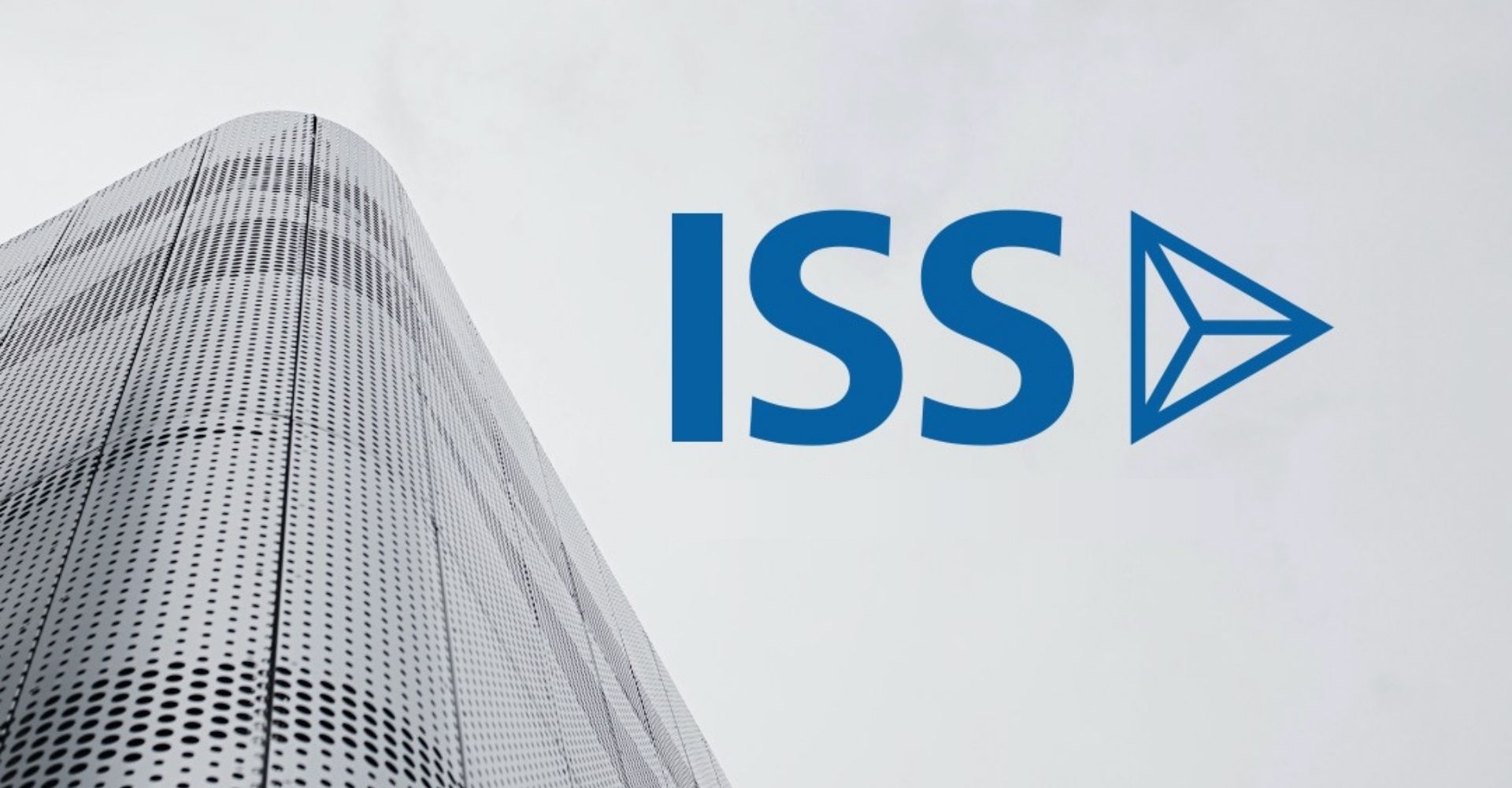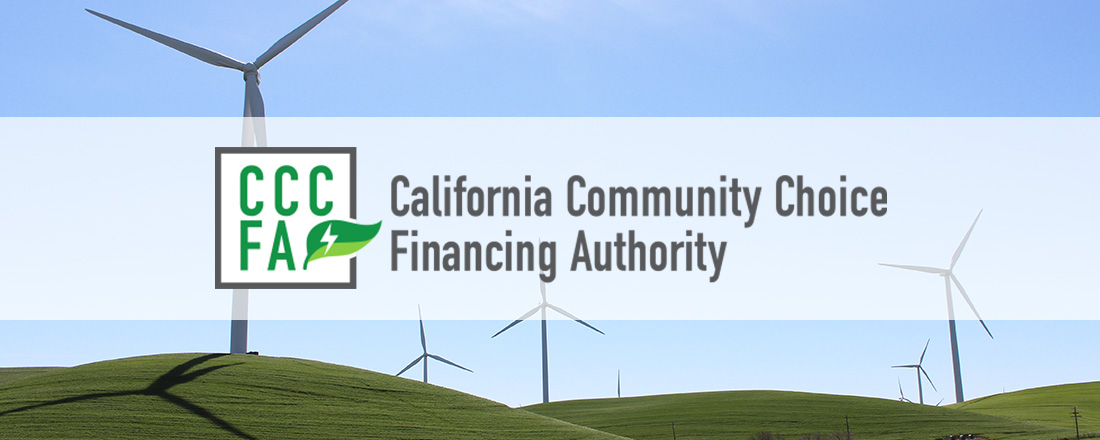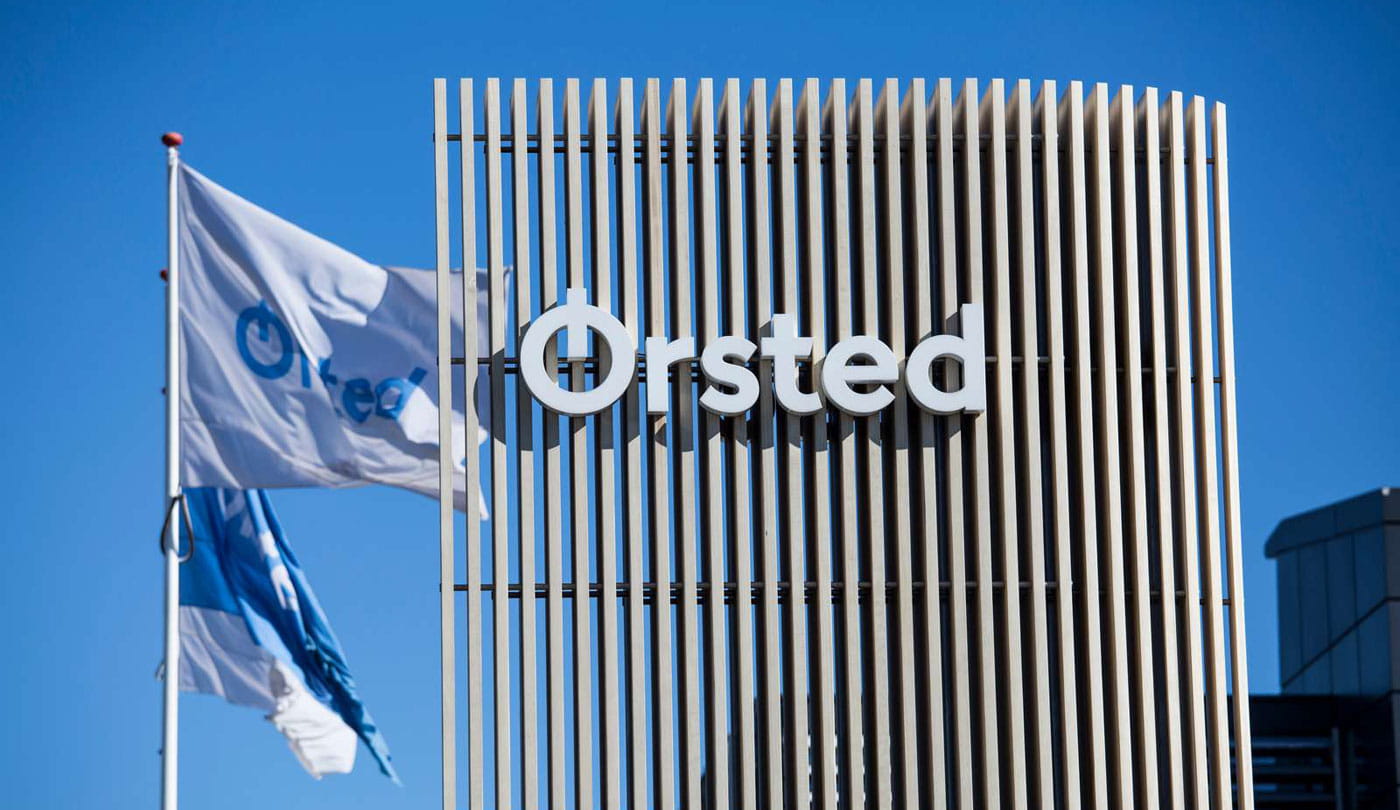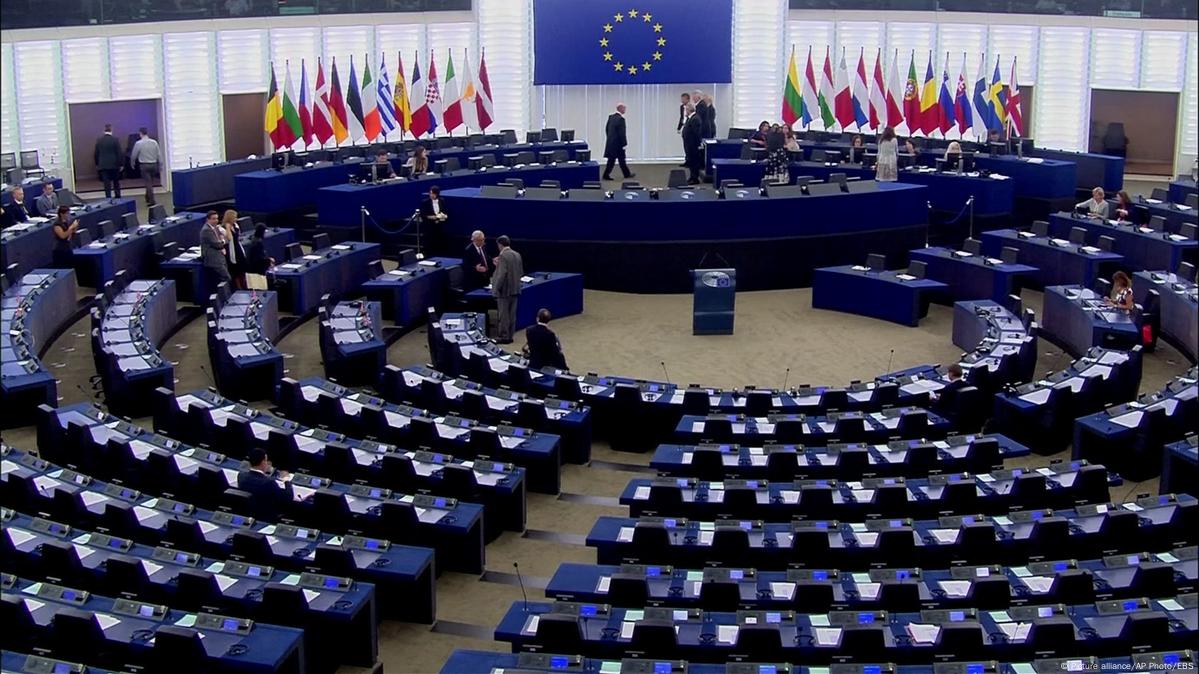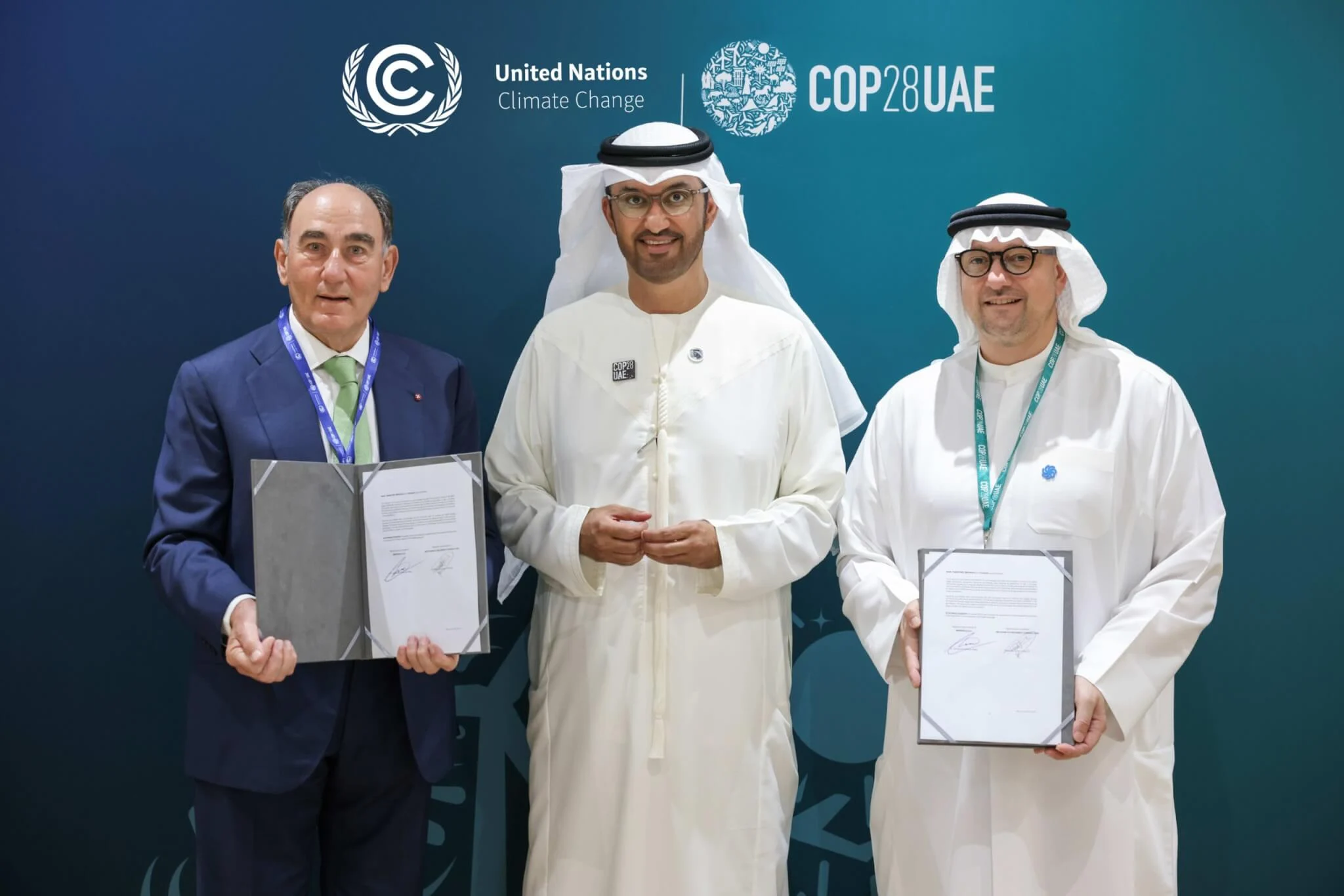Google Joins One of the World’s Largest Sustainable Aviation Fuel Programs
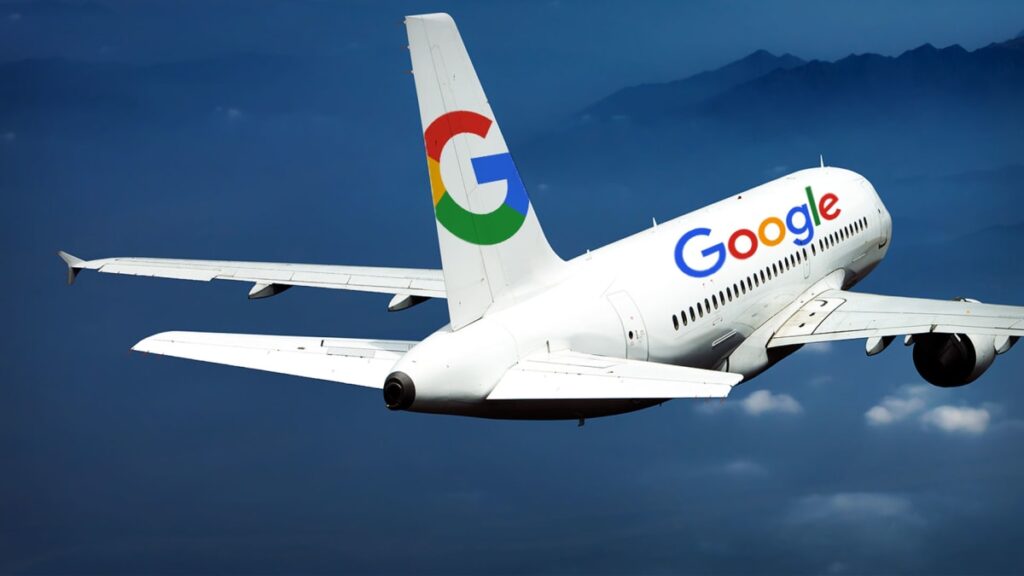
|
Listen to this story:
|
Tech company joins Amex GBT and Shell Aviation program powered by Avelia, one of the world’s first blockchain, book-and-claim platforms for SAF
American Express Global Business Travel (Amex GBT), the world’s leading B2B travel platform, and Shell Aviation today announced that Google has joined its sustainable aviation fuel (SAF) program. Google’s collaboration with Amex GBT and Shell Aviation builds on its goal to reach net zero across all its operations and value chain by 2030, and contributes to global climate solutions.
Michael Terrell, Sr. Director of Climate and Energy, Google:
“The use of SAF will play a critical role in helping the aviation sector on its path to decarbonize. Joining Amex GBT’s sustainable aviation fuel program further represents Google’s continued efforts to accelerate the global transition to a carbon-free future.”
Amex GBT and Shell Aviation’s SAF program demonstrates how the private sector can drive systemic change and help finance aviation’s transition to net zero by bringing together major corporations such as Google, Aon, Bank of America, Delta, Cathay Pacific, JetBlue, and Japan Airlines. The program is also aggregating clear demand, a foundational step in helping scale the emerging SAF market. The program launched in 2022 with 1 million gallons of SAF available for corporate customers – enough to power almost 15,000 business trips from London-to-New York.
Andrew Crawley, President, American Express Global Business Travel:
“Business travel is a crucial passenger segment for aviation, accounting for around 15% of air travel globally and generating around 40% of revenues. To have Google join our growing SAF program demonstrates how corporate collaboration can accelerate aviation’s transition to net zero and enable more sustainable travel.”
Related Article: Google releases their 2023 Environmental Report
With air travel accounting for around 90% of business travel emissions, sustainable business travel means addressing a deep-rooted problem: aviation’s dependence on fossil fuels. SAF, when used neat, can reduce lifecycle carbon emissions by as much as 80% when compared to traditional fossil-based fuels. It is currently the aviation industry’s most promising pathway to decarbonizing air travel. However, SAF represents less than 0.1% of available aviation fuel and is two- to eight-times more expensive than conventional fossil-based jet fuel. As a result, SAF production and demand are limited.
Amex GBT and Shell Aviation are bringing together corporates and airlines to help resolve these issues. By drawing from Shell Aviation’s airline customers and the purchasing power of Amex GBT’s 19,000+ corporate customers across 140 countries, the cost of SAF can be co-funded and help scale its use. This demand signals capital investment in the additional production facilities and technologies needed to achieve economies of scale, helping the nascent SAF industry take off.
Jan Toschka, President, Shell Aviation:
“It’s great that through the Avelia program Shell Aviation will supply SAF to support Google in cutting emissions from its corporate flying. Considering Google’s stature and prominence this announcement represents an important milestone for decarbonising aviation. As scaling the uptake of SAF will only be possible if all parts of the aviation value chain work together, we’re thrilled to work with such an influential and forward-thinking company.”
The program is powered by Avelia, one of the world’s first blockchain-powered digital SAF book-and-claim solutions for business travel. Avelia uses blockchain to provide clear and transparent tracking of the environmental attributes of SAF delivered into the aviation fueling network. Environmental attributes can be allocated to both airlines and business customers, while avoiding issues such as double counting. This means corporates can confidently report verified lifecycle emissions reductions from SAF today, while working to establish sufficient SAF to meet their future net zero or science-based targets.

